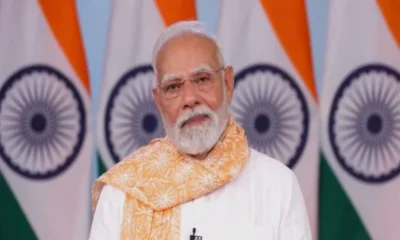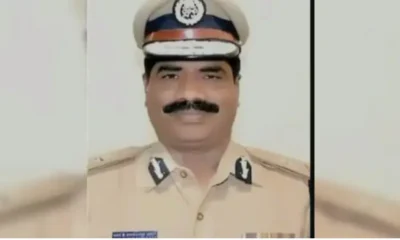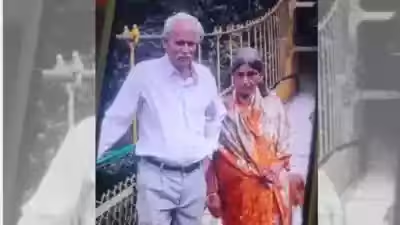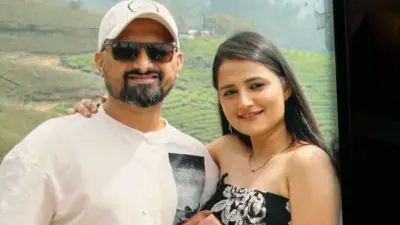The debate on confidence motion moved by Karnataka chief minister HD Kumaraswamy today (Thursday, July 18) was adjourned as Speaker KR Ramesh sought time to seek legal advice on the issue of whip imposed by Congress and JD(S) to rebel MLAs in light of the Supreme Court order.
The top court yesterday barred the dissenting MLAs from being compelled to attend the trust vote, which may be construed as, in effect, allowing them to defy the party whip.
As chief minister Kumaraswamy, who initiated the discussion on trust vote, was still speaking, Siddaramaiah told the Speaker that before the assembly got down to discussing the trust vote, it would have to be spelt out if he, as leader of the Congress legislature party, still had the right to issue a whip to order all his MLAs to be present and vote in the trust vote.
From a legal perspective, Siddaramaiah stressed that the Supreme Court had infringed on the rights of the legislature party by issuing a directive which curtailed his powers though they were not parties in the case and hadn’t been heard.
The Speaker sought time to obtain legal advice after Congress leader Siddaramaiah moved a point of order saying powers of political parties to control their legislators – as provided by the 10th Schedule of the Constitution (anti-defection law) would be affected if the Supreme Court order is interpreted as barring issuance of the whip to the 15 rebel MLAs.
Siddaramaiah insisted that Speaker KR Ramesh Kumar should first clarify on the Supreme Court order.
This put the Speaker in a quandary. “I am worried because I am a respondent and I am the one who will have to make a decision on the whip violation,” the Speaker said.
Siddaramaiah, reported The Hindustan Times (HT), said: “Our contention is simple. The Supreme Court order is an infringement on the rights of the party. It is our right to issue a whip. Either the Speaker or the court must clarify the status of the MLAs.”
An MLA who violates the whip is liable to be disqualified by the Speaker. If they are not allowed to resign but end up being disqualified under the anti-defection law, they cannot be ministers in the government during the tenure of the existing assembly.
This bar was introduced in 2003 on the recommendations of the constitution review panel set up in the late nineties. This panel felt a defector should be penalised by debarring him or her from holding any public office as a minister for at least the duration of the remaining term of the existing legislature or until, the next fresh elections.
BJP members alleged that the coalition, whose numbers had dwindled from 117 to 106, were trying to stall for time to bring back rebels.The coalition saw one of its MLAs return thus reducing the number of rebels from 16 to 15. Senior Congress leader Ramalinga Reddy returned to the party and attended the session Thursday.
Also Read: Ayodhya case: SC asks mediation panel to finalise report by July 31, next hearing on Aug 2
If the Speaker were to accept all the 16 resignations, the assembly’s strength would dip to 209 and reduce the wobbly 15-month-old coalition to 101 seats. The BJP’s strength would be 105, and it is expected to be backed by one independent who has withdrawn support to the coalition.
Speaker KR Ramesh Kumar hasn’t accepted the resignations yet, prompting 15 of the rebel legislators to approach the Supreme Court. In its interim ruling, the top court gave the speaker a free hand to decide on the resignations and the disqualification petitions filed by the ruling coalition. But a bench led by Chief Justice of India Ranjan Gogoi also ruled that the 15 rebel lawmakers could not be compelled to attend or vote in the floor test.
It is this part of the order – also criticised by experts – that the Congress’ Siddaramaiah red-flagged in the state assembly. As Kumaraswamy was still speaking, Siddaramaiah told the speaker that before the assembly got down to discussing the trust vote, it would have to be spelt out if he, as leader of the Congress legislature party, still had the right to issue a whip to order all his MLAs to be present and vote in the trust vote.
From a legal perspective, Siddaramaiah stressed that the Supreme Court had infringed on the rights of the legislature party by issuing a directive which curtailed his powers though they were not parties in the case and hadn’t been heard.


 Cricket news12 hours ago
Cricket news12 hours ago
 Latest world news11 hours ago
Latest world news11 hours ago
 Latest world news12 hours ago
Latest world news12 hours ago
 India News8 hours ago
India News8 hours ago
 India News3 hours ago
India News3 hours ago













